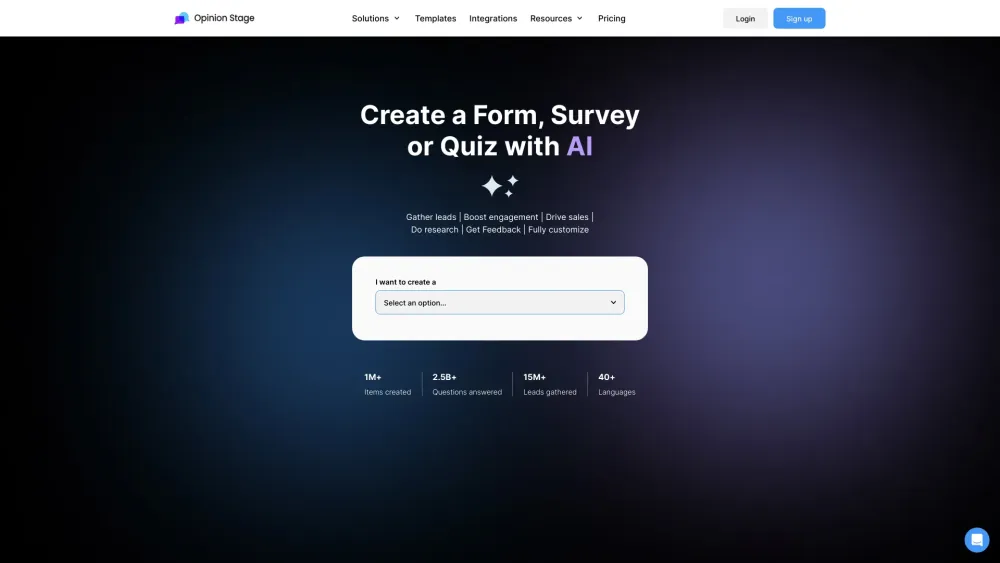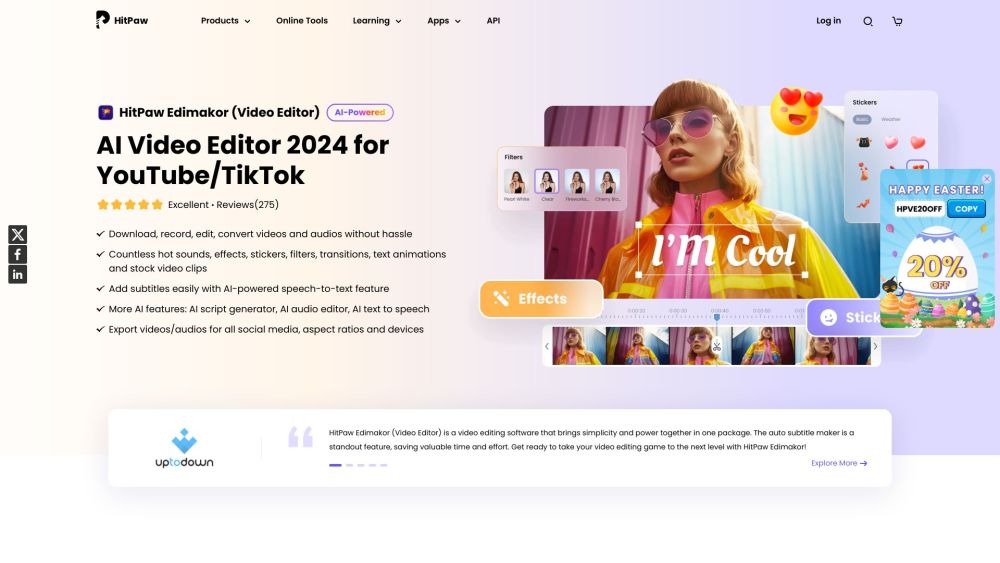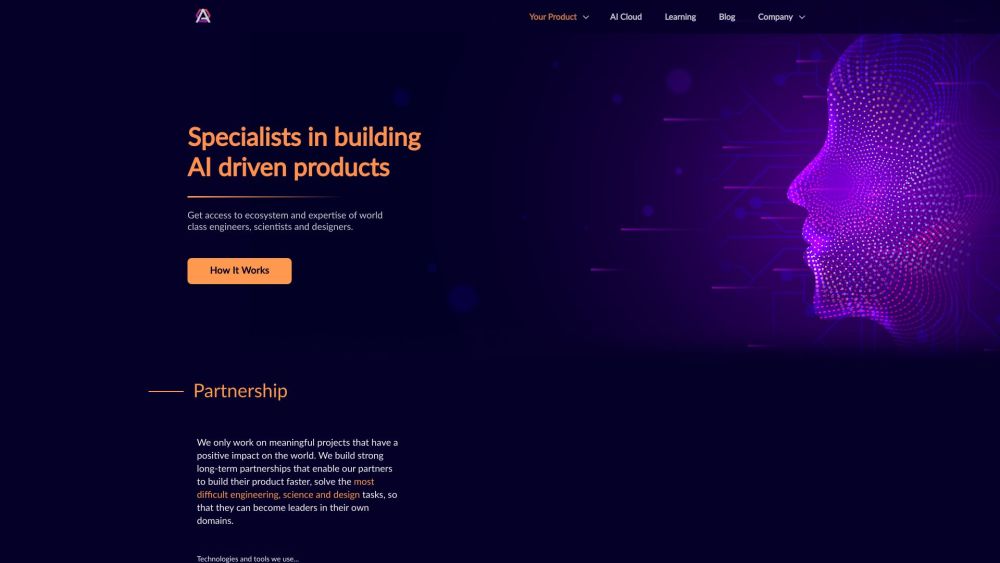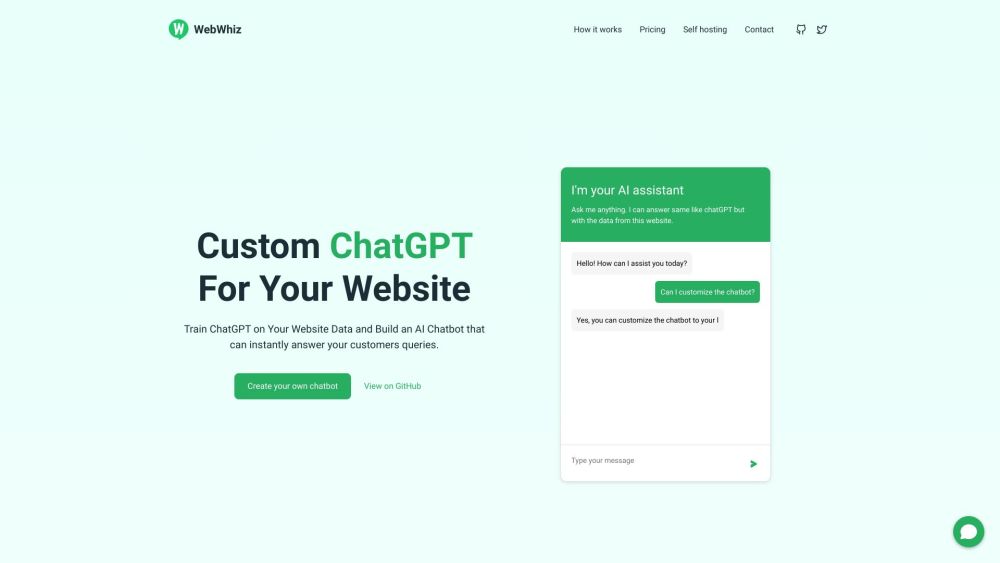Developers Embrace AI Tools for Enhanced Productivity and Learning
Developers are increasingly adopting AI tools, driven by the potential for greater productivity and accelerated learning. A recent survey reveals that 77% of developers view AI positively in their workflows, with 70% actively using or planning to implement AI coding tools this year.
Investors also recognize the promise of generative coding tools, especially regarding their capabilities at the enterprise level. This growing enthusiasm has led to significant funding for startups like Tabnine, which recently announced a successful $25 million Series B funding round. The round was spearheaded by Telstra Ventures and included contributions from Atlassian Ventures, Elaia, Headline, Hetz Ventures, Khosla Ventures, and TPY Capital.
Founded by Dror Weiss and Eran Yahav in 2012, Tabnine aims to embed generative AI into several phases of the software development lifecycle. Yahav, a professor at Technion (Israel Institute of Technology), and Weiss, a graduate in computer science from the same university, have created a platform that revolutionizes coding practices.
Among its various offerings, Tabnine provides Tabnine Chat, an AI code assistant that generates code and responds to queries about codebases—similar to a ChatGPT for programming.
Though Tabnine competes with GitHub Copilot and Amazon CodeWhisperer, Weiss asserts that it offers more control and customization than these alternatives, allowing clients to deploy its tools either on-premises or via a virtual private cloud.
“Our adaptable architecture enables us to switch [code-generating AI] models seamlessly, preventing direct competition with major generative AI providers,” Weiss explained in an email interview. “We’re future-proofing our solution as the AI landscape evolves, ensuring developers have access to the latest models wherever they code.”
Weiss also emphasizes that Tabnine poses fewer legal risks compared to its competitors. A class-action lawsuit currently targets Microsoft, GitHub, and OpenAI, accusing them of violating IP laws by enabling Copilot—trained on vast public code datasets, some of which are under restrictive licenses—to reproduce copyrighted code without proper attribution. Legal experts caution that tools like Copilot might inadvertently expose companies to liability if they incorporate protected suggestions into their production software.
In contrast, Tabnine exclusively utilizes AI models trained on code with permissive licenses and collaborates with customers to train models on their proprietary codebases.
“We curate our dataset meticulously, ensuring we know what’s included, which enhances control and security,” Weiss stated. “This foundation also supports our clients in utilizing private models tailored to their code and managed within their virtual private clouds and data centers.”
Tabnine's strategy appears effective, especially following the recent closure of its competitor, Kite, late last year. Tabnine reports over one million users and 10,000 customers, a noteworthy achievement, even if it trails significantly behind Copilot’s 37,000 corporate customers.
Weiss indicated that the funding from the Series B round, bringing Tabnine's total to $55 million, will be invested in enhancing its generative coding features and expanding its sales and global support teams. By year-end, Tabnine anticipates increasing its workforce from approximately 60 to 150 employees.




